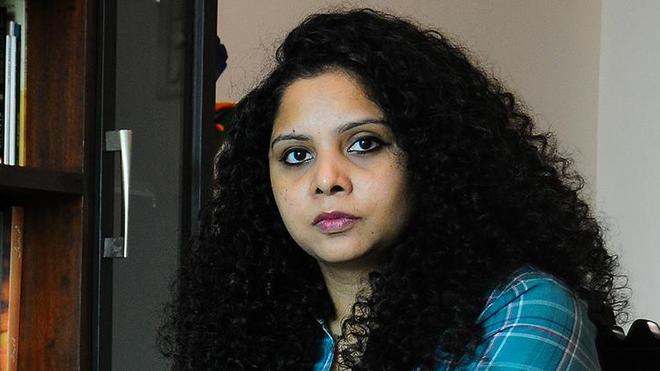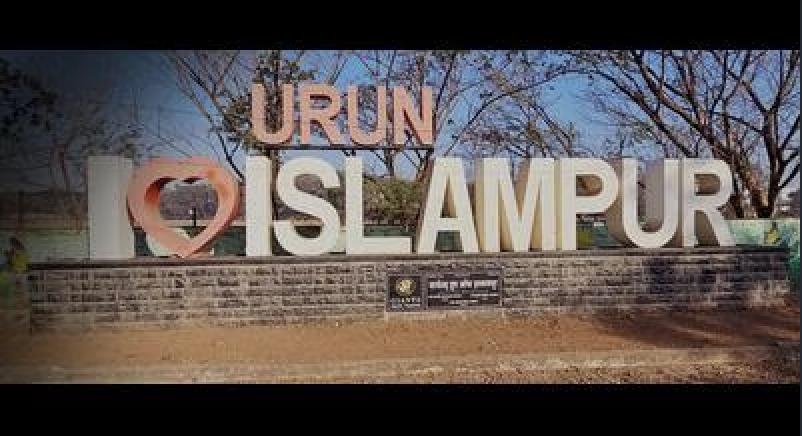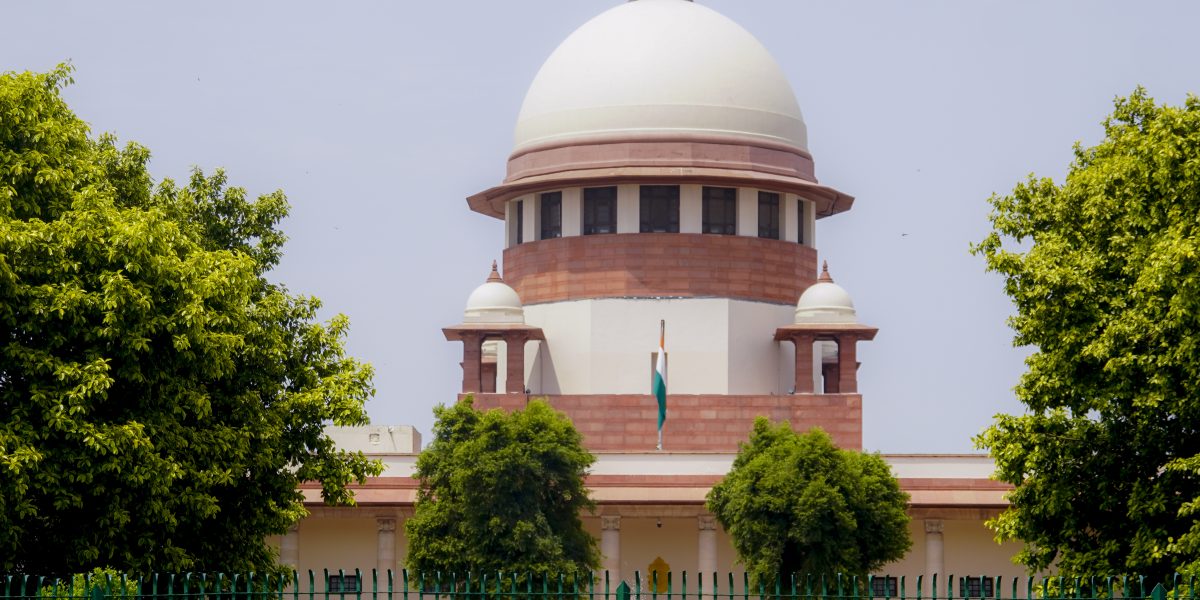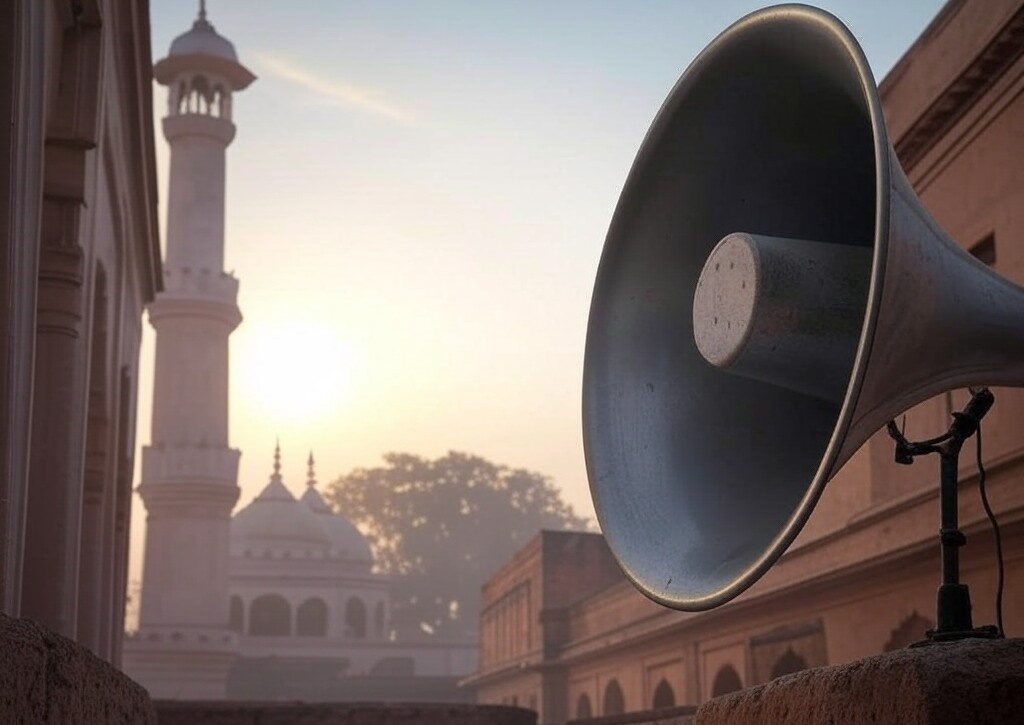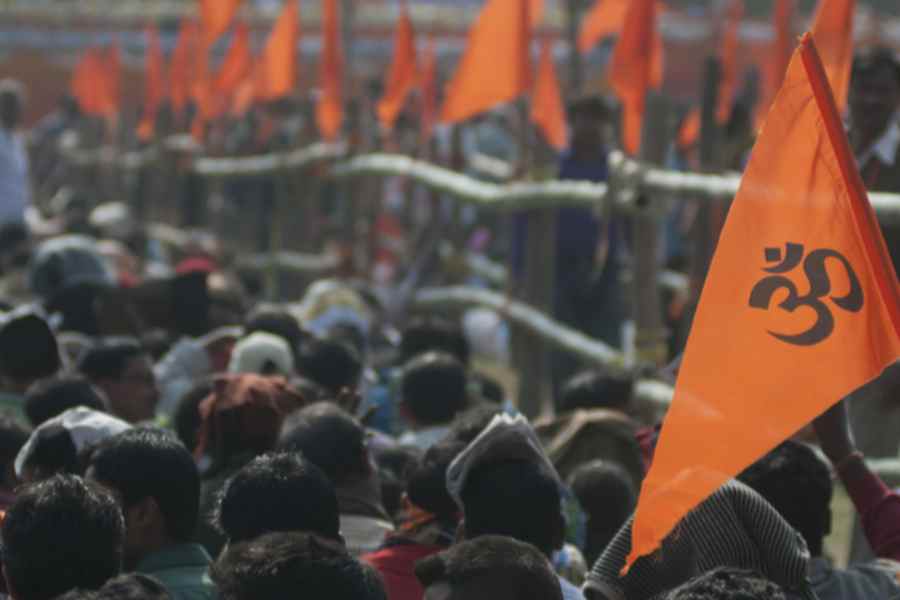
By Karan Thapar
Did the prime minister (PM) make a mistake in not publicly expressing his sorrow at the horrible death of photojournalist, Danish Siddiqui? From the government, there has only been one tweet by the information and broadcasting minister and a statement of condemnation by the foreign secretary. But Narendra Modi’s silence is different. He’s often the first to tweet. And he does so frequently. So, when he chooses not to, his reticence attracts attention. Questions are bound to be asked.
Now I accept that it’s Modi’s prerogative to decide when to comment and when to desist. No one can force him. But ought that apply to the PM of India? And, particularly, when one of his countrymen has been tragically killed? I accept that the PM can’t comment on everything that happens, although it often seems that he does, but was Siddiqui’s killing just one more death or one of particular significance? Let’s start with that question.
Within hours, the president of Afghanistan, the president of the United States and the secretary-general of the United Nations publicly expressed their deep sorrow. Even the Taliban, which stands accused of the killing, said that it was sorry. Both in India and internationally, major media institutions carried obituaries, accompanied by glowing praise and even a collection of Siddiqui’s prize-winning photographs. The BBC devoted five minutes of its news bulletin. The Washington Post, almost a full page. And every single Indian paper and television channel that I regularly read or see did the same.
Remember, Siddiqui was no ordinary photojournalist. He won the prestigious Pulitzer in 2018. His searing images of Rohingya suffering in refugee camps in Bangladesh or of the horrific catastrophe of the second Covid-19 wave in India translated dry stories into vivid and unforgettable pictures. His work made the written word real.
But that’s not all. More importantly, he was one of us. The blood that flowed in his veins was the same as yours and mine. He may have worked for Reuters but he was, arguably, India’s greatest news photographer. Certainly the best known and most highly regarded. So if the world felt the need to mourn his death, how come his own PM did not?
This brings me to my second question: Could it be Siddiqui’s memorable photographs that sealed the PM’s lips? Did he decide not to comment on the death of a journalist whose work conveyed to the world the full and unexpurgated horror of the second wave? Or a photographer whose images revealed — far more starkly and shockingly than any written commentary — how false and hollow were India’s boasts — including the PM’s own at the World Economic Conference — that India had defeated the coronavirus? If Siddiqui had made his name photographing Holi milans, the evening aarti in Varanasi and sunsets at Kanyakumari, might the PM’s Twitter handle have spoken?
To his partymen, supporters and admirers, these are, no doubt, hurtful questions, but millions of his countrymen are asking them. It doesn’t burnish his image that they are. Should that not be of concern?
Let me then come to a third question. It is the most depressing of all, but the fact it’s being asked could also make it the most pertinent. Was the PM silent because Siddiqui was Muslim? No one other than Modi can answer, though many will have their suspicions. Indeed, some probably have no doubt at all.
Let me respond differently. If the Pulitzer Prize-winning photographer had been called Devinder Sharma, would anyone in the Bharatiya Janata Party have ignored his death at the hands of the Taliban? Suppose his name was Dharam Singh? Or, even, Desmond Sequeira? Would his death have been received in silence?
Each of you will answer these questions as you wish to, but from the way that I have asked them, you know mine. And this is why I’m sad and upset. It’s not Modi’s silence that’s distressing. But it is disturbing that our PM had nothing to say.
This story first appeared on hindustantimes.com


